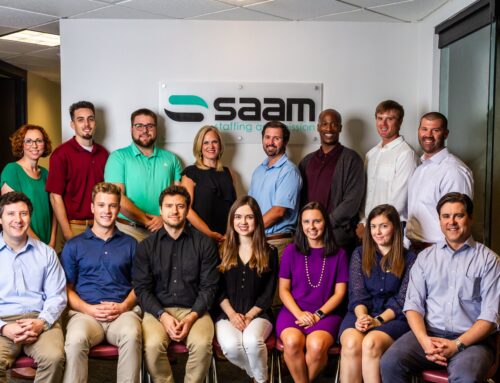A new Arch Collaborative study, conducted by KLAS researchers, investigates the factors that distinguish highly satisfied electronic health record (EHR) users from their less satisfied peers. The study highlights the importance of personal initiative, experience with a specific EHR, pre Go-Live training, and personalization in driving EHR satisfaction. Further the findings emphasize the necessity of specialty-specific workflow training in EHR satisfaction.
“Important to EHR satisfaction in specialties was specific to workflow training.. Though it may take significant time and effort to build specialty-specific workflow training, providers who strongly agree their training was specialty-specific are almost 25 times more likely to agree that the EHR has the functionality they need,” said the researchers.
Key Points:
- Highly satisfied EHR users view the EHR as an efficient tool for delivering better patient care
- Speciality-specific workflow training is pivotal to EHR user training and adoption
- Proper EHR implementation and personalization are essential factors in EHR satisfaction
KLAS researchers examined the feedback of 3,061 highly satisfied clinicians collected between December 2021 and December 2022, aiming to understand what these users do differently from their less satisfied peers. Based on the study, successful EHR users are more likely to agree or strongly agree that initial training prepared them well to use the EHR, their organization implemented the EHR well, and their EHR is highly personalized.
The study found that personalization is the top success factor for EHR satisfaction. However, personal initiative, experience with a specific EHR, and a positive attitude also contribute to high levels of satisfaction among EHR users. The researchers discovered a notable difference between doctors and nurses in terms of EHR personalization. While providers often feel responsible for understanding and implementing personalizations, personalization tools are less important for nurses due to their less prevalent role in nurse workflows.
“On average, highly satisfied users report a Net EHR Experience Score (NEES) more than twice as high as the average clinician. Similar trends are also evident when it comes to the Arch Collaborative’s three pillars of EHR satisfaction—user mastery, shared ownership, and personalization.”
The researchers also noted that nurse EHR satisfaction has fluctuated over the years, with a noticeable decline during the pandemic. KLAS researchers recommend that organizations focus on addressing the root problems and collaborating with analysts to find solutions, emphasizing the importance of frontline nurses making EHR requests and building relationships with the IT department.
Source: Healthcare IT News – What satisfied EHR users do differently



